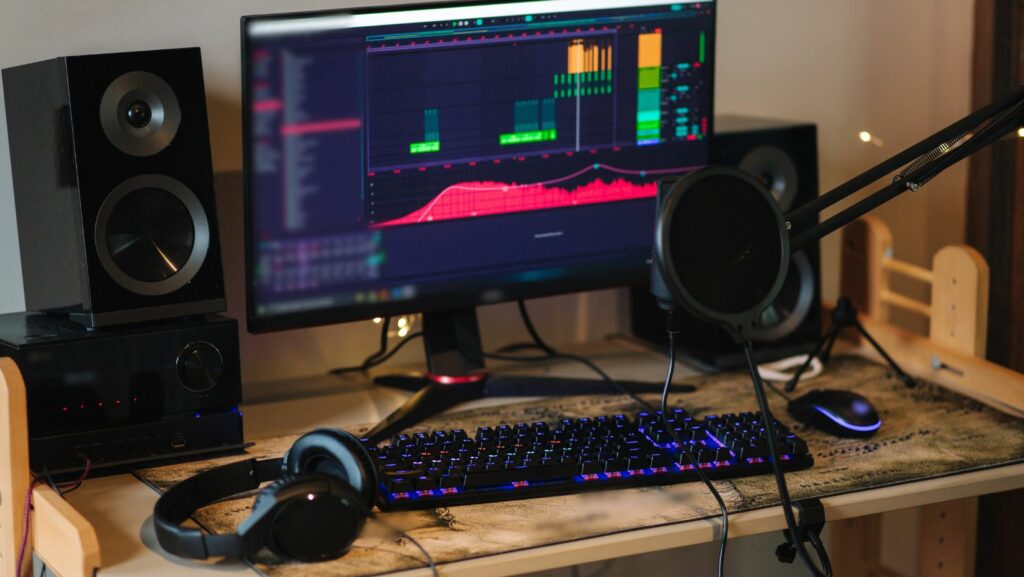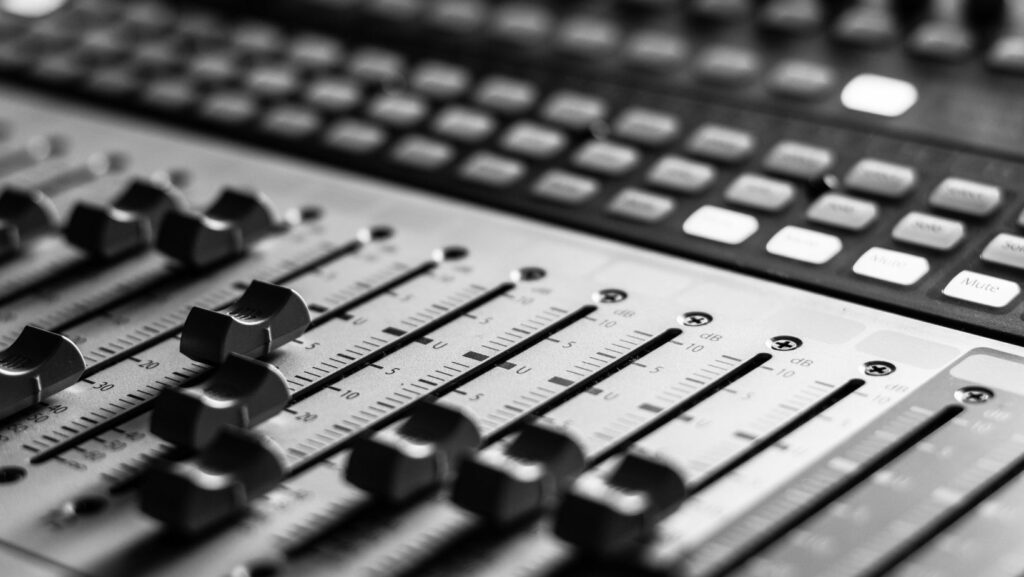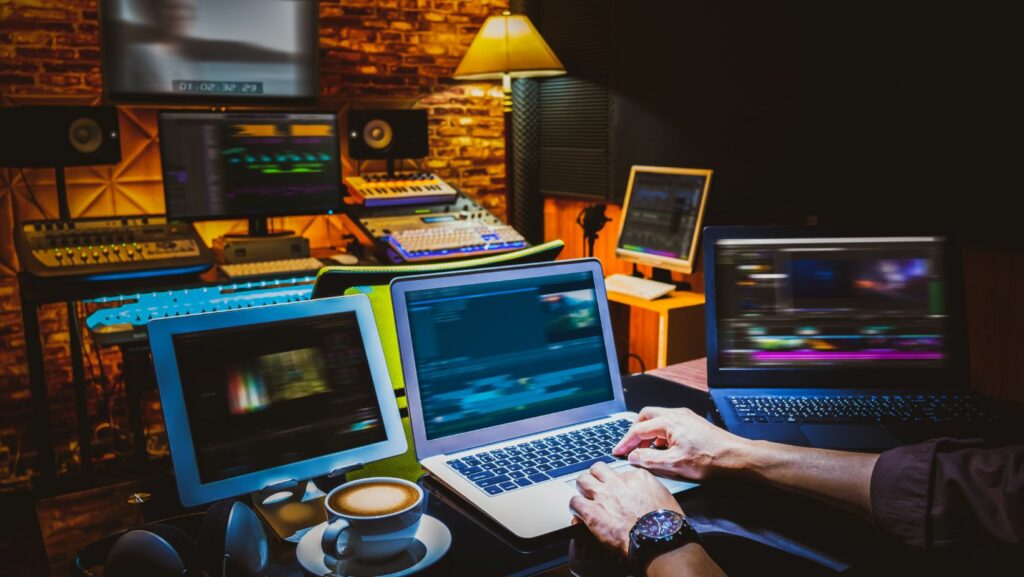In the world of music production, having the right computer can make all the difference between a seamless creative process and frustrating technical hiccups. Musicians and producers need machines that can handle demanding software, large audio files, and complex plug-ins without breaking a sweat. As technology evolves, choosing the best computer for music production has become more crucial than ever.
By understanding what features to prioritize, such as processing power, RAM, and storage, producers can ensure their setup enhances creativity rather than hinders it. Dive in to discover the ideal machines that can elevate any music production experience.
Factors to Consider in a Music Production Computer
Choosing the best computers for music production requires evaluation of specific components that influence performance. These components determine how effectively a computer handles complex audio projects.
Processing Power
A robust processor is crucial in a music production computer. Multi-core processors, such as Intel’s i7 or AMD’s Ryzen series, efficiently manage audio processing and multiple software tracks. They facilitate real-time effects and large-scale projects by distributing tasks across multiple cores.
RAM and Memory

High RAM capacity is vital for managing extensive projects. A minimum of 16GB RAM ensures smooth multitasking, while 32GB is preferable for handling several virtual instruments and plugins. More RAM allows seamless operation of digital audio workstations (DAWs), preventing latency issues.
Storage Options
Adequate storage supports large audio files and software installations. Solid State Drives (SSD) enhance performance compared to traditional HDDs, providing faster data access and reduced load times. A 512GB SSD, supplemented with external storage, balances speed and capacity for music files.
Connectivity and Ports
Multiple ports ensure versatile external device connections. USB-C, thunderbolt, and HDMI ports accommodate various hardware interfaces and monitors. Ample connectivity options support audio interfaces, MIDI devices, and other peripherals essential for music production.
Best Computers For Music Production
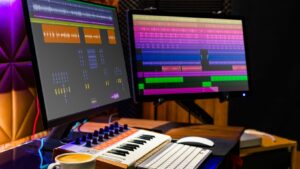
Selecting the best computers for music production is crucial, as it directly impacts workflow efficiency and creative potential. Desktop computers, known for their power and upgradeability, often serve as the foundation of a professional music production setup.
Apple iMac
The Apple iMac stands out for its exceptional display and robust processing capabilities. Equipped with Apple’s M1 or M1 Pro chips, this desktop computer offers seamless performance for demanding audio software. It features up to 32GB of unified memory, ensuring smooth operation when using multiple plugins. The Retina 5K display enhances visual clarity, critical for detailed work in digital audio workstations (DAWs).
Microsoft Surface Studio
The Microsoft Surface Studio provides a unique blend of power and versatility, ideal for creative production environments. Its 28-inch PixelSense display is touch-sensitive and supports pen input, offering interactive control over music applications. The Surface Studio is powered by Intel i7 processors and up to 32GB of RAM, making it capable of handling intense audio processing tasks. I
Dell XPS Tower
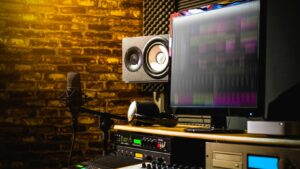
The Dell XPS Tower is a powerhouse option for music production, combining performance and customizable features. With Intel i9 or AMD Ryzen processors, it delivers exceptional speed for audio rendering and multitasking. Users can configure it with up to 64GB of RAM, supporting even the most resource-intensive DAWs.
Essential Software for Music Production
Essential software significantly impacts the music production process, transforming computers into powerful creative tools. The right digital audio workstations (DAWs) and plugins unlock the full potential of any setup.
Digital Audio Workstations
A digital audio workstation is crucial for recording, editing, and mixing. Leading DAWs include Ableton Live, favored for its intuitive interface and flexibility in electronic music production, and Logic Pro, which offers robust features and seamless integration with Apple hardware. Pro Tools remains a staple for professionals due to its comprehensive editing tools and reliability in large-scale productions. Each DAW caters to specific needs, whether they’re focused on electronic beats or live recordings.
Plugins and Virtual Instruments
Plugins and virtual instruments enhance the sonic palette. Popular options include Native Instruments’ Komplete, known for its comprehensive library of sounds and effects, and Spectrasonics’ Omnisphere, favored for its vast selection of unique patches.
These tools amplify the capabilities of the best computers for music production, allowing detailed sound shaping and modulation.

